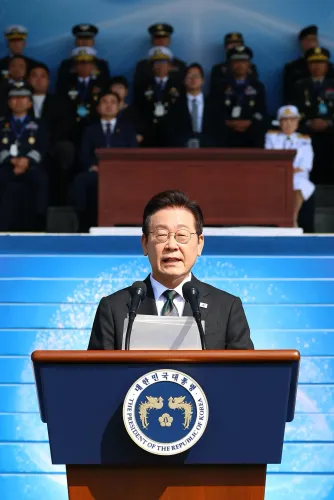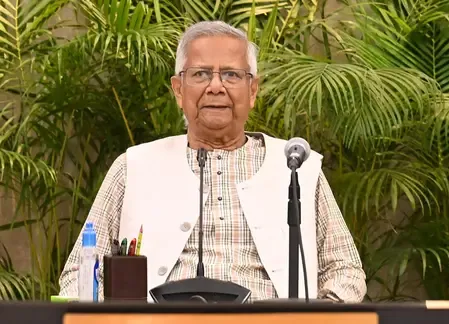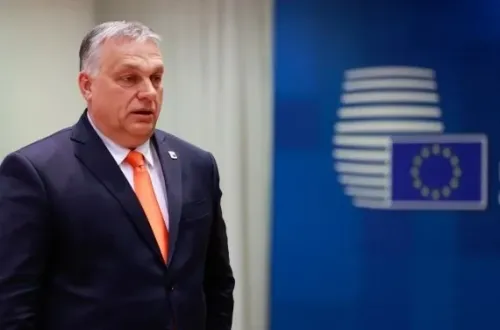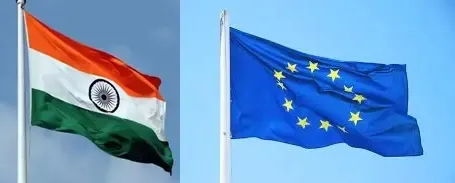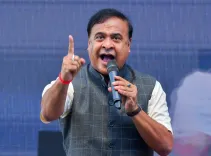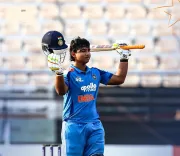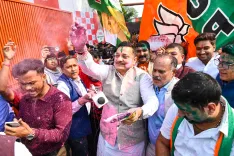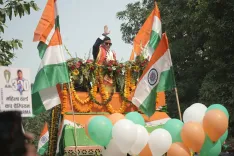Why Did EAM Jaishankar Call Pakistan the Epicentre of Global Terrorism?
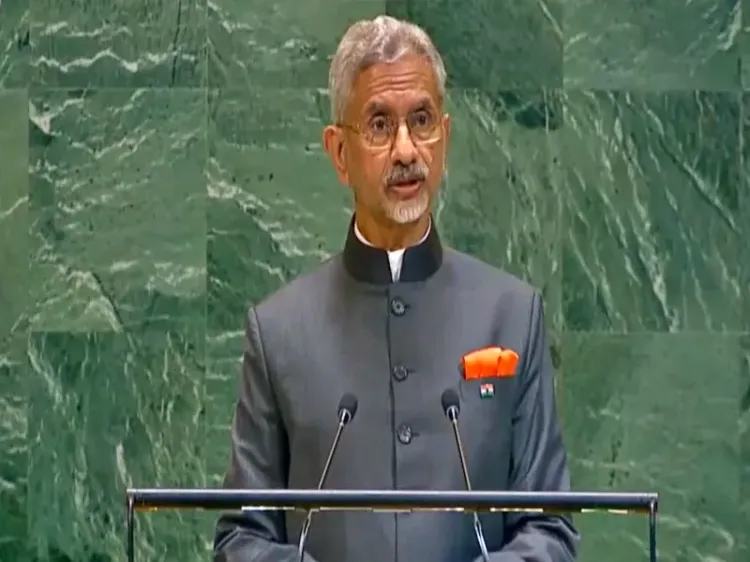
Synopsis
Key Takeaways
- Pakistan is labeled as the epicentre of global terrorism by EAM Jaishankar.
- India has the right to defend its citizens against terrorism.
- Global trade volatility is a pressing issue for nations.
- BRICS is urged to support the multilateral trading system.
- Ongoing dialogue between India and the US is crucial for trade relations.
United Nations, Sep 27 (NationPress) External Affairs Minister (EAM) S. Jaishankar on Saturday condemned Pakistan, labeling it as the “epicentre of global terrorism.” While addressing global leaders at the UN General Assembly in New York, EAM Jaishankar emphasized that India has “exercised its right to defend its people against terrorism,” referencing India’s actions following the Pakistan-sponsored terror attack in Pahalgam earlier this year.
“India has faced this challenge since Independence, grappling with a neighboring country that has been the epicentre of global terrorism for decades. Numerous significant international terrorist incidents can be traced back to that one nation, with the UN's designated lists of terrorists frequently including its nationals. The most recent instance of cross-border violence was the killing of innocent tourists in Pahalgam in April. India has acted to protect its citizens against terrorism and ensured justice for the organizers and perpetrators,” EAM Jaishankar stated.
While refraining from directly mentioning the United States, he indicated that “de-risking” has emerged as a “growing necessity” for countries globally due to “tariff volatility and uncertain market access.”
“In terms of trade, non-market practices have manipulated rules and systems, leading to a concentration that exposes the world to leverage. Furthermore, we now encounter tariff volatility and uncertain market access. De-risking is becoming increasingly essential, whether due to limited supply sources or reliance on a specific market,” he remarked.
These comments followed India's hosting of a meeting with BRICS foreign ministers on the sidelines of the UN gathering, where they urged the 10-member bloc of Global South nations to advocate for the “multilateral trading system.”
“As rising protectionism, tariff volatility, and non-tariff barriers affect trade flows, BRICS must stand up for the multilateral trading system,” EAM Jaishankar stated on Friday.
US President Donald Trump has warned BRICS nations that he would impose additional tariffs for their membership in the group, and has separately imposed tariffs of 50% on India and Brazil, and 30% on most imports from South Africa.
In a 16-page joint statement following the meeting, the ministers expressed concerns over the “proliferation of trade-restrictive actions,” such as an indiscriminate increase in tariffs and non-tariff measures.
“They expressed serious apprehensions regarding the rise of unilateral tariff and non-tariff measures which distort trade and violate WTO rules. They warned against such practices that threaten to fragment global trade and marginalize the Global South,” the statement added.
Among the 50% tariffs imposed on India, 25% additional charges are attributed to purchases of Russian oil. Discussions for a trade agreement have resumed after a brief hiatus.
S. Jaishankar met with US Secretary of State Marco Rubio on Monday during the UN General Assembly meetings. Following their discussions, Rubio stated that India holds “critical” importance for the US and welcomed ongoing trade interactions.
EAM Jaishankar also shared on X: “Our conversation covered a range of bilateral and international issues of current concern. Agreed on the importance of sustained engagement to progress on priority areas.”
Commerce and Industry Minister Piyush Goyal and US Trade Representative Jamieson Greer also engaged in discussions and agreed to continue their dialogue.

